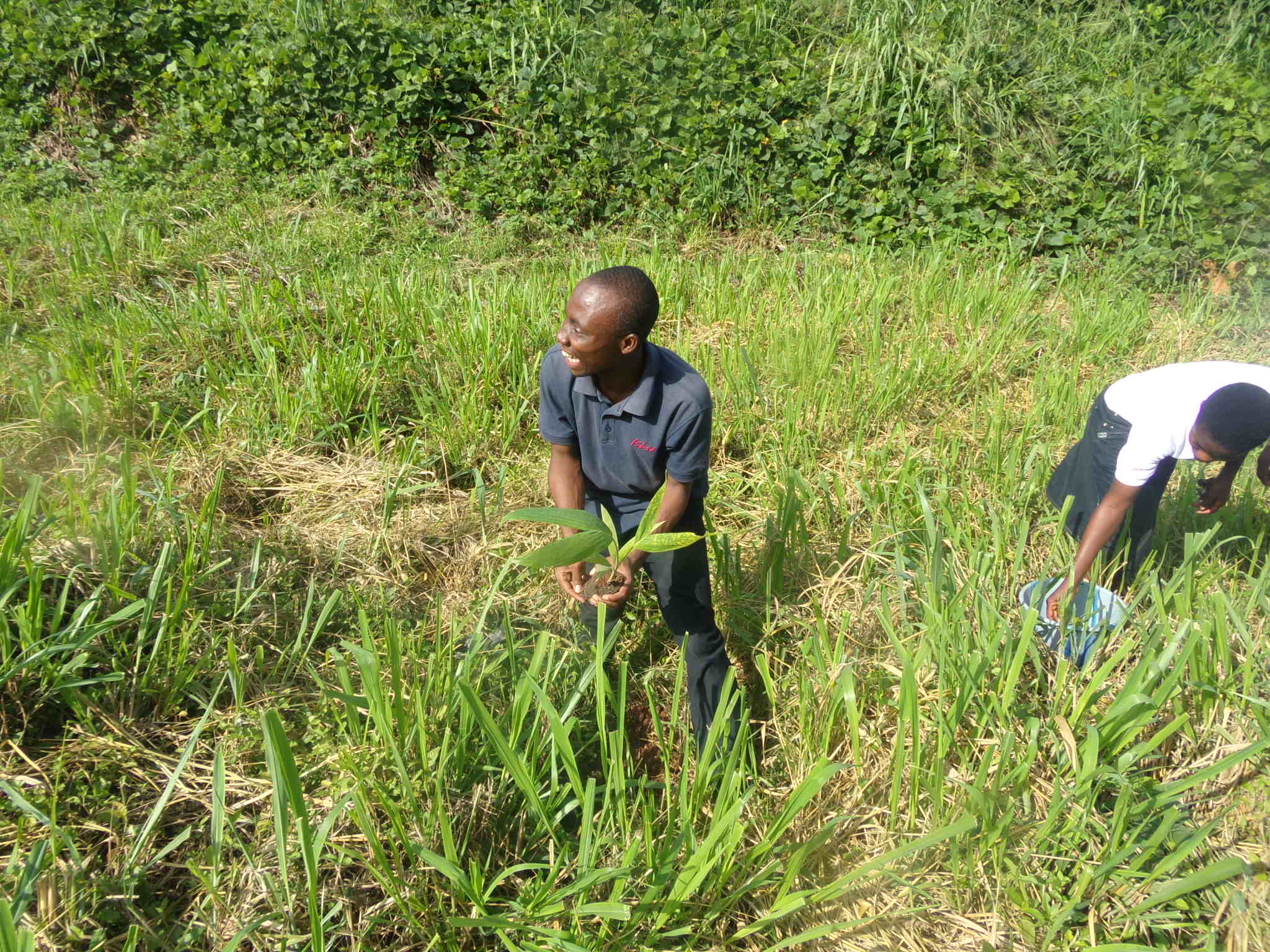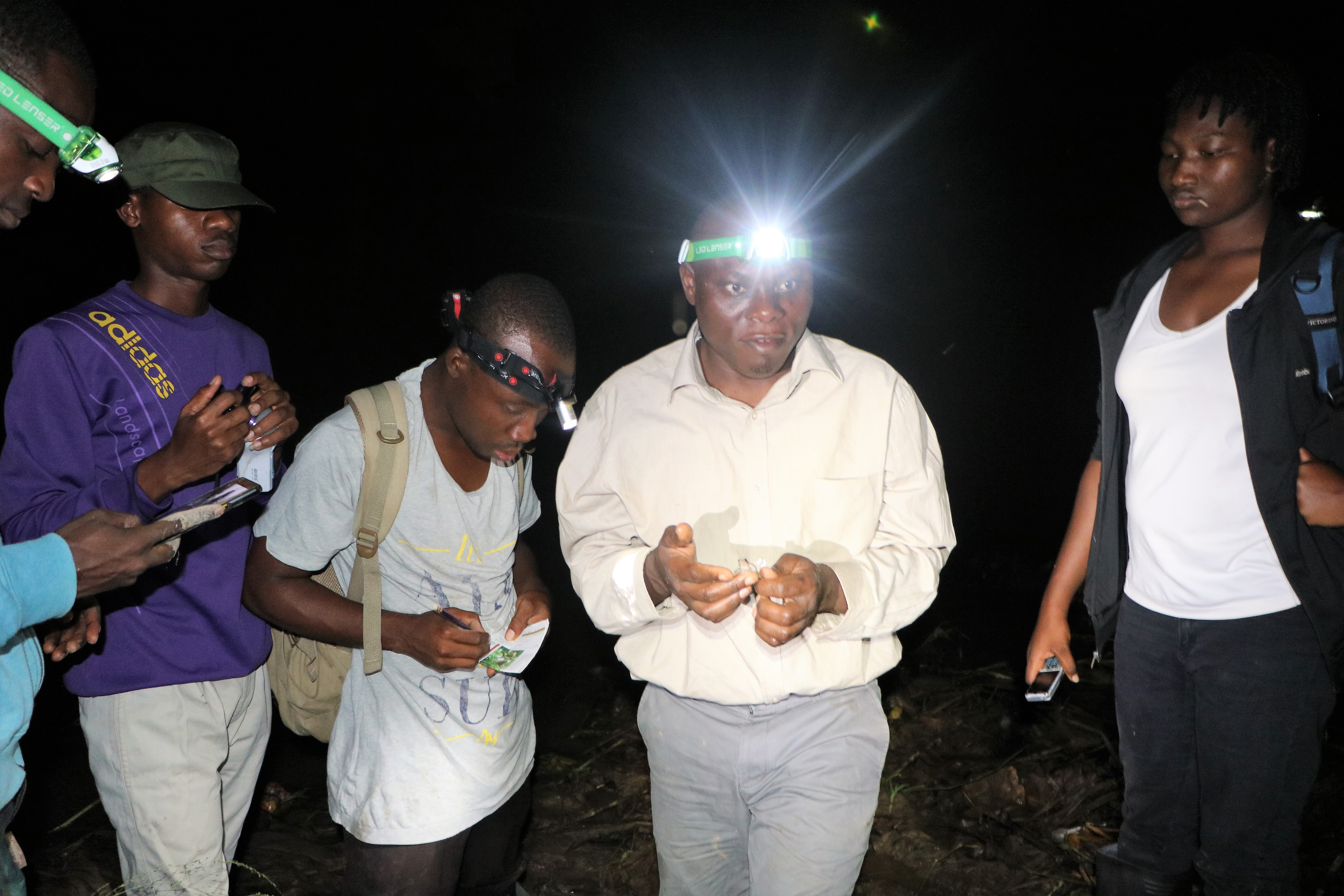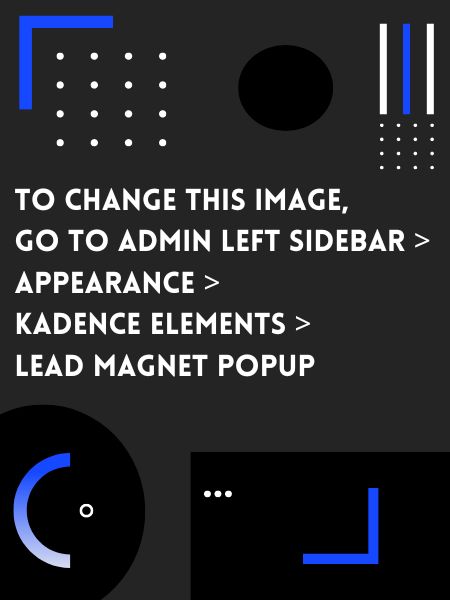Congratulations to SAVE THE FROGS! KNUST Chapter for winning their second grant from the UK-based Rufford Foundation. The £5,000 (~$6,000) award will enable the chapter to monitor endangered frogs with cutting-edge surveying technology. Chapter members will deploy automated acoustic devices along the KNUST campus’ Wewe River to monitor endangered frogs as part of the KNUST Wewe River Amphibian Project (K-WRAP). Additionally, the students will plant 1,000 native trees, in addition to providing and waste bins to dispose of trash properly along the Wewe River. Campaigns to use the trash bins to help protect the river and its frogs will spread the conservation message in the Kumasi urban areas and beyond.

The SAVE THE FROGS! Ghana KNUST Chapter is the first student-run organization of the USA-based SAVE THE FROGS!, based in Kumasi, Ghana. Revegetating river corridors like the Wewe River (pictured), where rare frogs occur, is a major pillar of their campaign to save Ghana’s frogs.
Previously, biologists throughout Africa have relied primarily on traditional survey methods such as walking streams to listen for frogs, or using traps and bare hands to catch frogs. These methods are time-consuming and can disturb frogs and their habitats. However, remotely-operated acoustic devices will record and store frog calls automatically for subsequent analysis and identification. The employment of this new technology will provide reliable results without necessarily having physical contact with frogs or disturbing their fragile habitats.

The members of SAVE THE FROGS! Ghana KNUST Chapter learn about amphibians in the field under the tutelage of Gilbert Adum, one of West Africa’s most prominent herpetologists.
Due to its geographical and biodiversity importance, the Wewe River was selected by students to pilot the use of the acoustic devices. Wewe River is a primary drainage system for one of southern Ghana’s largest watersheds and also home to 12 frog species and several other important wildlife species such as the vulnerable West African Dwarf Crocodile (Osteolaemus tetraspis). Unfortunately, many of these species’ populations are declining drastically due to illegal farming activities, fuel-wood extraction, and inappropriate waste disposal in the Wewe River. Thus, K-WRAP is a timely rapid response to prevent the disappearance of frogs.


